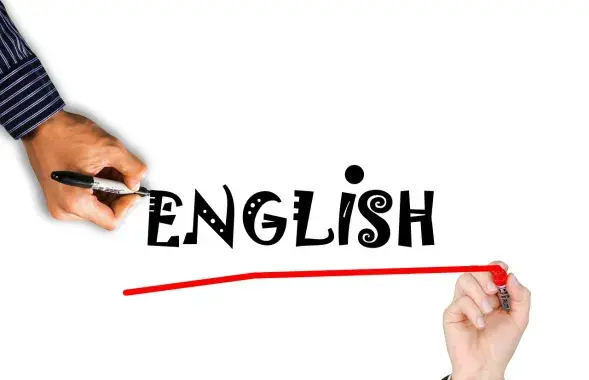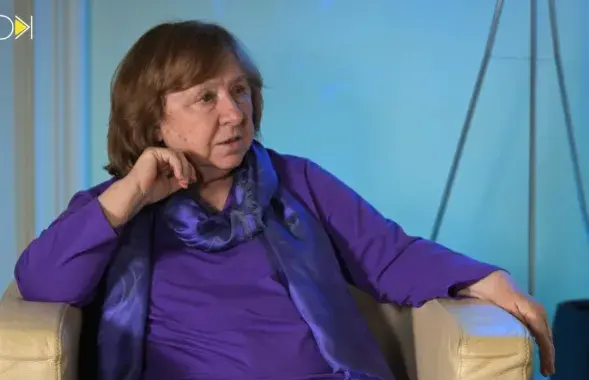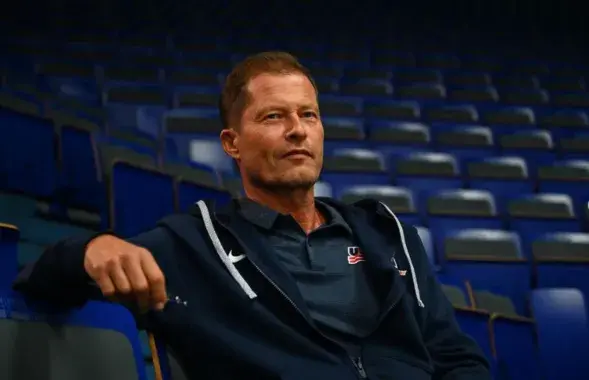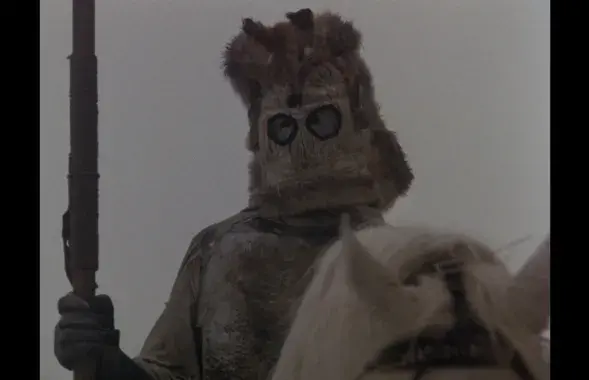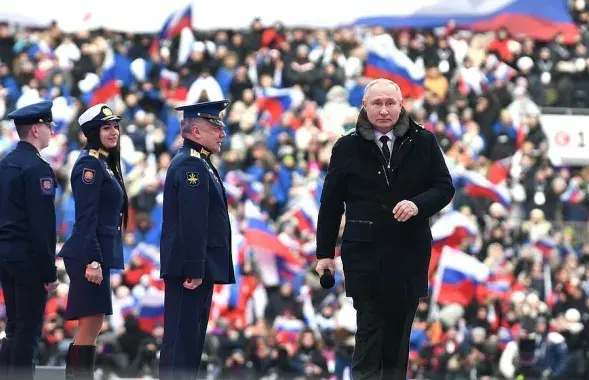Historian: It would be symbolic if the victory parade was held in Berlin
Europe is on the verge of a new scandal after a Poland's minister calls to hold events to mark the end of World War II in Berlin.
Polish Foreign Minister Grzegorz Schetyna said that the victory parade should be held in a European city, not in Moscow.
"Why are we so easily accustomed to the fact that Moscow is a place where we celebrate the end of hostilities, rather than London or Berlin, it would be more natural," said Schetyna on the radio station RMF.
The words of the Polish FM provoked a widespread outrage. Russian Foreign Minister Sergei Lavrov called this statement blasphemy. German Chancellor Angela Merkel also disagreed with Schetyna.
Meanwhile, on May 8, Polish President Bronislaw Komorowski will organize a conference on the situation in Europe after World War II, to be held at the Cape of Westerplatte in Gdansk. He says that his initiative is not aimed at "spoiling for Russians their military victory holiday."
"My initiative is aimed at what was planned long ago. This idea came up a long time ago. There will be an international conference organized by the European Centre of Solidarity, the Museum of the Second World War and other institutions. Well-known historians will be invited there to discuss the outcome of the war, to discuss whether its end was a liberation or the emergence of new problems."
Historian, ARCHE editor, Alyaksandr Pashkevich believes that this discussion is not the case in historical perspective, but rather in political.
"If we talk about the right to organize celebrations, it belongs to every country-winner, and Russia is no exception."
The historian believe that even though Moscow became a traditional venue for the parade agreed to across the board, in the current political realities it is possible to find another place. Perhaps, Berlin is not the worst option.
"Maybe it would be a bit symbolic that victory parade is carried out in the capital of a defeated nation 70 years after the war."
And even if there are two big joint parades, says historian - in Moscow and elsewhere in Europe - it is unlikely to affect the current political situation.
"I believe that it will not have a direct influence on political events. It is rather a reflection of the international political situation that now exists in Europe."
It is in Moscow that the 70th anniversary of the Victory will be celebrated on May 9. Russian Foreign Minister Sergei Lavrov said that "about two dozen leaders" already confirmed their participation in the events.
